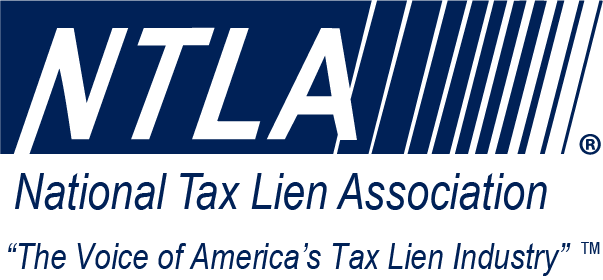9 Things to Know About Tax Lien Investing

9 Things to Know About Tax Lien Investing
Kayleigh Kulp
U.S.News & World Report
Get started with tax lien investing.
When property owners do not pay their property tax bills, tax lien certificates can be a safe, collateralized complement to a balanced portfolio -- but only if you have time, knowledge and the ability to reinvest your money when short-term certificates are redeemed early. It works like this: governments sell tax lien certificates to investors in order to recover money delinquent property taxes due to them. Homeowners then have an opportunity to pay the delinquent amount due plus interest to prevent the investor from foreclosing on the tax lien he or she holds. Experts offer up the following top things to know if you're thinking about getting started with tax lien investing.
You likely won't get a property out of it.
Don't invest in tax liens with the expectation that you will get a property out of it at a fire-sale price, says Brad Westover, executive director of the National Tax Lien Association, a nonprofit that represents tax lien investors, governments and servicers. About 98 percent of homeowners redeem the property before the foreclosure process starts and once a tax foreclosure starts, all but one-half percent of those homeowners redeem, Westover says. Most tax foreclosures happen on vacant land or real estate, and foreclosure is time-consuming and expensive.
Know your jurisdiction.
If purchasing a few tax lien certificates in your local area, you'll want to know how the auction or sale process works and how easy or difficult it may be to make money. "For many years, counties treated their tax sales like a chore they were required to complete. They seemed to go through the motions without any thought about the overall success of the sale," says Shade Ferre, who runs an online training program for tax sale investing at TaxSaleSupport.com. "As the internet has enabled counties to reach more people, a growing number of counties have begun to improve their sales by making them easier to participate in."
Tax lien investing is active.
Though individual investors may see tax lien investing sort of like a certificate of deposit for their short-term, relatively safe nature, they are "different than a CD where you invest and then fall asleep," Westover says. "Tax liens are a very high-touch business. There's some servicing and management of a tax lien portfolio." That's because you'll need to check on when tax lien certificates are being redeemed, and follow through if action on your part is required to foreclose on the property.
You can buy into a privately held fund for efficiency.
Tax sale due diligence and purchasing takes a substantial amount of time, which makes them inefficient to buy individually, says Doug Gale, president of Terra Echelon, an Orlando-based tax lien servicer that works with high net worth investors to purchase tax lien certificates. If you've got a healthy budget to put toward tax liens, a servicer can help you eliminate the headaches and achieve a 5 to 7 percent return.
Your return may surprise you.
State statutes determine interest on tax lien certificates to be as much as 1.5 percent per month. Florida has a maximum simple interest rate of 18 percent, while Iowa charges 2 percent monthly on the unpaid balance. But the ways local jurisdictions structure the sales means you're not likely to top 9 percent, Westover says. Some municipalities use a "bid down" auction, where investors win the tax lien based on the lowest interest rate they're willing to accept. A rule of thumb is to pay about 3 to 7 percent of a property's value for a tax lien certificate.
Consider investing with a tax lien servicing professional.
If you're new to the game and want a more passive experience, it is likely easier to invest with a professional. More than 80 percent of tax liens purchased in the U.S. are by NTLA members, many of which are tax lien investing fund managers. Contact NTLA for referrals for funds and managers based on your needs, Westover says.
Tax lien investing is not immune to risk.
Though tax lien certificates are not correlated to the markets, making them very stable and predictable, in a rising interest rate market there is more competition, Gale says. Homeowners are also able to sell quickly in hot real estate markets if things get tough: "Whenever real estate is hot, tax liens are very cold," he says. But in a down real estate market, tax lien investing can be a good counter-market measure. But be careful: if you purchase a tax lien certificate on a property with little value, you could lose your principal and receive no interest because no one wants to redeem it, Westover says.
You can be a property tax lender.
Texas and Nevada allows private lenders to offer loans to homeowners to pay off their tax bills, though this instrument is complicated and not recommended for individual investors, Westover says. Redemption laws or requirements depend on each state's statues and terms of the loans are individually negotiated, Westover says.
Get educated about tax lien investing.
The NTLA certifies tax lien professionals in tax lien investing that prepares them for hands-on industry work, and participants use their knowledge to avoid pitfalls when actively investing for themselves in the field, Westover says. After participation in the courses, students must pass a couple of "difficult tests" and meet community service requirements. "You need to know state statutes and also local auction rules and regulations," Westover says.
Additional Info
Source : U.S.News & World Report
